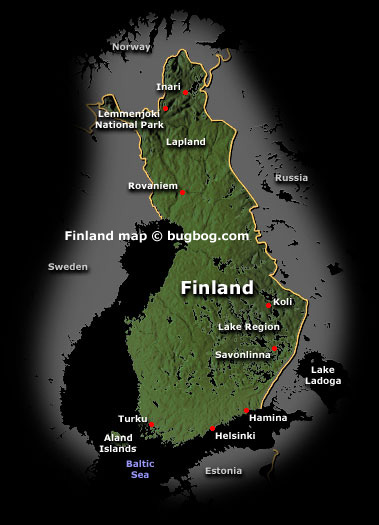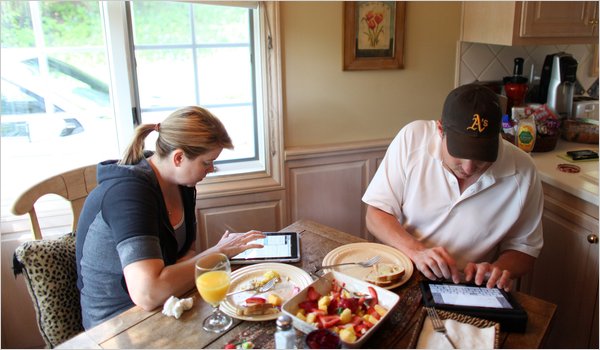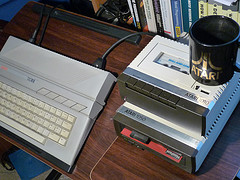Finland becomes the first country in the world to make Internet access a legal right for its citizens, at a minimum speed of 1Mbps, when a new law comes into force today.
This means that ISPs cannot refuse to connect someone, no matter how costly or remote. It’s a technical and financial challenge for ISPs, but great for helping the world move towards an open, connected future and avoiding a divided society with “haves and have nots”.
Meanwhile, the UK is moving in the opposite direction, with the recently passed Digital Economy Act threatening to disconnect users who are accused of copyright infringement. A new government initiative called Your Freedom invites the public to reclaim lost freedoms by voting for laws to repeal. Perhaps we will see a course-correction soon.






 @
@
 Tags:
Tags: 











 Like all images on the site, the topic icons are based on images used under Creative Commons or in the public domain. Originals can be found from the following links. Thanks to
Like all images on the site, the topic icons are based on images used under Creative Commons or in the public domain. Originals can be found from the following links. Thanks to